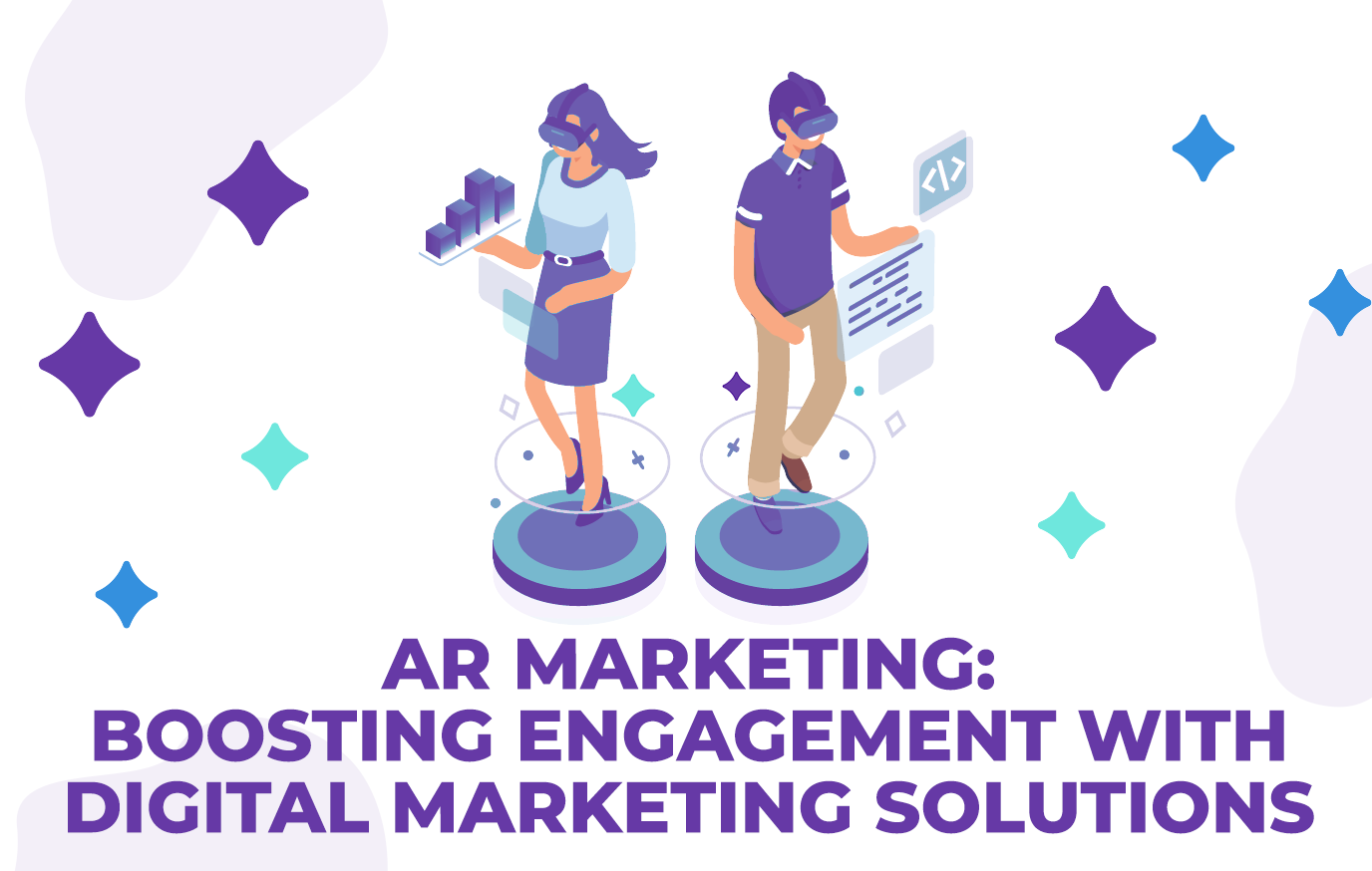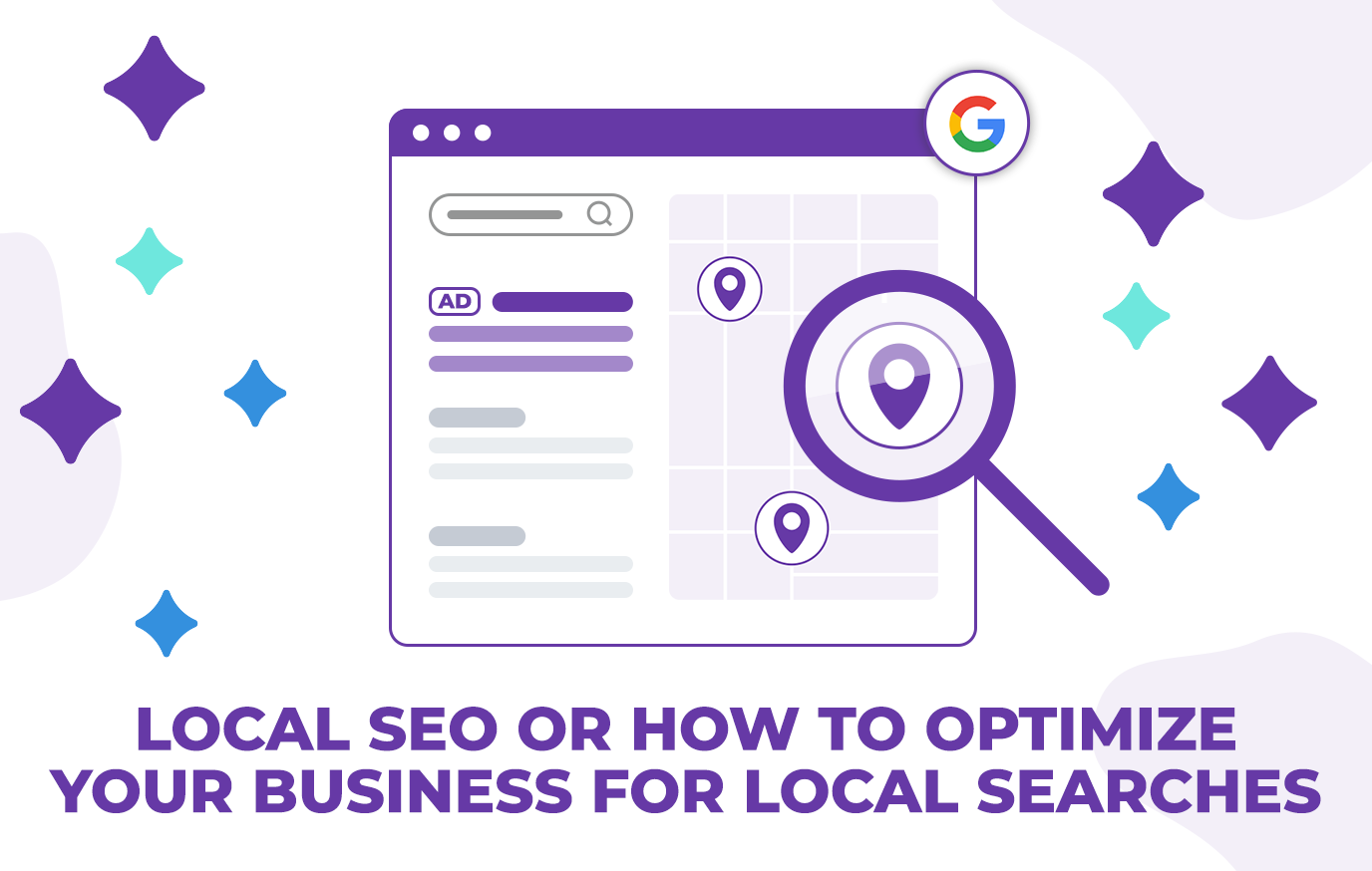
As we step into 2024, augmented reality (AR) is transforming types of digital marketing strategies. This immersive technology offers brands a powerful tool to elevate customer engagement. It brings products and experiences to life in a way that traditional digital marketing can’t match.
Creating Interactive Experiences
AR marketing creates interactive experiences. It allows consumers to visualize products in real-world environments. Imagine trying on glasses or seeing how a new sofa looks in your living room before making a purchase. This level of interaction boosts consumer confidence and encourages purchasing decisions. Brands often partner with a digital marketing agency to craft these immersive AR campaigns.
Storytelling Through AR
Brands are also using AR for storytelling. They create immersive narratives that captivate audiences. Through AR, customers don’t just hear about a product’s benefits; they see and experience them. This approach deepens emotional connections and fosters brand loyalty. Such digital marketing solutions are becoming essential in competitive markets.
Innovative AR Campaigns
Innovative campaigns are now at the forefront of AR marketing. Companies launch interactive billboards and virtual pop-up shops. These not only grab attention but also offer unique, memorable interactions. By immersing consumers directly in their storytelling, these brands foster a deeper emotional connection, enhancing customer engagement and loyalty. Such initiatives set brands apart in a crowded market and exemplify cutting-edge online marketing strategies.
Leveraging Social Media Platforms
Social media platforms are integral to AR’s rise. Filters and lenses have become a part of our daily digital interactions. Brands that leverage these tools engage with younger audiences more effectively. They tap into the trend of sharing augmented experiences, amplifying their reach. Engaging a Facebook ads agency can further boost this visibility, making AR content widely seen and interacted with.
The Versatility of AR Across Industries
Yet, AR’s potential goes beyond consumer products. Here are several ways various industries are harnessing the power of AR:
- Real Estate: Virtual tours allow potential buyers to explore properties from anywhere, anytime. This convenience significantly enhances the buying experience.
- Automotive: Virtual test drives provide a realistic sense of a vehicle’s performance and features without the need for a physical visit to the dealership.
- Education: Interactive learning experiences make education more engaging and accessible. AR can bring historical events to life or visualize complex scientific concepts.
- Retail: Virtual try-on experiences for clothing and accessories improve customer satisfaction and reduce return rates by allowing shoppers to see how products look on them before making a purchase.
- Healthcare: AR applications in healthcare, such as virtual surgeries and anatomy models, offer valuable learning tools and can improve patient outcomes through better education and planning.
These applications demonstrate AR’s versatility and its ability to enhance customer service and satisfaction, highlighting the benefits of digital marketing.
Key Benefits and Challenges
Measurement and analytics are key to AR marketing success. Brands track engagement and conversions through AR experiences. This data informs future campaigns, ensuring they resonate more deeply with target audiences.
Despite its benefits, AR marketing is not without challenges. High development costs and the need for technical expertise can be barriers. However, as AR technology becomes more accessible, these hurdles will likely diminish.
The Future of AR Marketing
Looking ahead, AR will continue to evolve. We’ll see more personalized experiences and integration with other technologies like AI and IoT. These advancements will unlock new opportunities for engaging with customers in meaningful ways.
Conclusion
In conclusion, AR marketing represents a dynamic shift in how brands connect with consumers. It offers a blend of entertainment, information, and interaction that traditional methods can’t achieve. As we move further into 2024, embracing AR will be crucial for brands aiming to stand out and deepen customer engagement.
FAQ
How does AR marketing enhance customer engagement?
AR marketing enhances customer engagement by creating immersive, interactive experiences. It allows consumers to visualize products in their own space, try before they buy, and experience brands in a new, memorable way. This level of interaction boosts confidence and fosters deeper emotional connections.
What industries can benefit from AR marketing?
Virtually every industry can benefit from AR marketing. From retail, real estate, automotive, education, to healthcare, AR offers unique opportunities to improve customer service, satisfaction, and learning experiences. It allows businesses to present their products and services in an engaging, informative manner.
What are the main challenges of implementing AR in marketing?
The main challenges of implementing AR in marketing include the high development costs and the need for specialized technical expertise. However, as AR technology becomes more widespread and accessible, these barriers are gradually lowering, making AR a viable option for more businesses.









